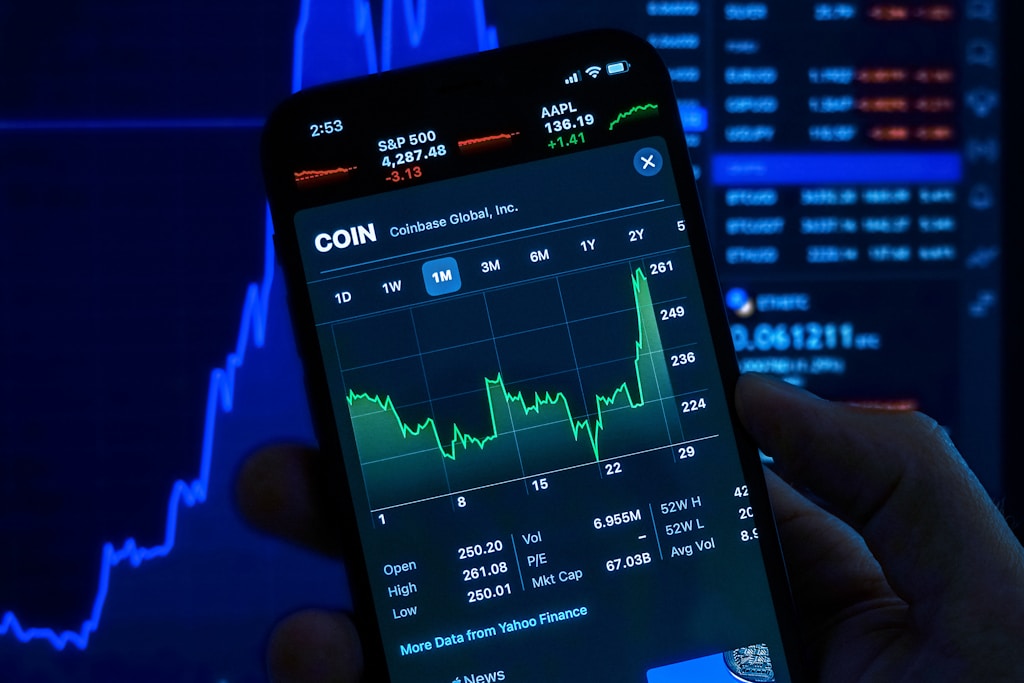Bank of Korea’s Bitcoin Ban Shocks Global Markets! 📉
Bank of Korea rejects Bitcoin for foreign exchange reserves citing volatility and regulatory concerns, contrasting with growing global institutional interest…

South Korea Takes Hard Stance Against Bitcoin Reserves
In a move that has sent ripples through the cryptocurrency market, the Bank of Korea (BOK) has firmly rejected the possibility of including Bitcoin in its foreign exchange reserves. This decision, revealed in response to an inquiry from Representative Cha Gyu-geun of the National Assembly’s Planning and Finance Committee, stands in stark contrast to growing global interest in cryptocurrency reserves.
The central bank’s stance is particularly noteworthy given recent developments in the United States, where former President Trump has advocated for strategic Bitcoin reserves.
Key Reasons for BOK’s Bitcoin Rejection
- Extreme price volatility
- Lack of IMF recognition as a reserve asset
- Absence of investment-grade credit rating
- Concerns over market speculation
Global Context and Market Implications
While South Korea maintains its conservative approach, several nations are taking contrasting positions:
- El Salvador: Continues to hold Bitcoin as a national reserve asset
- United States: Growing political support for Bitcoin integration
- Traditional Markets: Increasing institutional interest in cryptocurrency exposure
Alternative Proposals and Future Outlook
Despite rejecting Bitcoin as a reserve asset, South Korea remains active in the cryptocurrency space:
- Development of regulatory frameworks for crypto exchanges
- Proposals for won-backed stablecoins
- Continued monitoring of global cryptocurrency trends
Market analysts suggest this decision could influence other Asian central banks’ positions on cryptocurrency reserves, potentially impacting regional adoption rates and market dynamics.
Source: The Korea Herald



